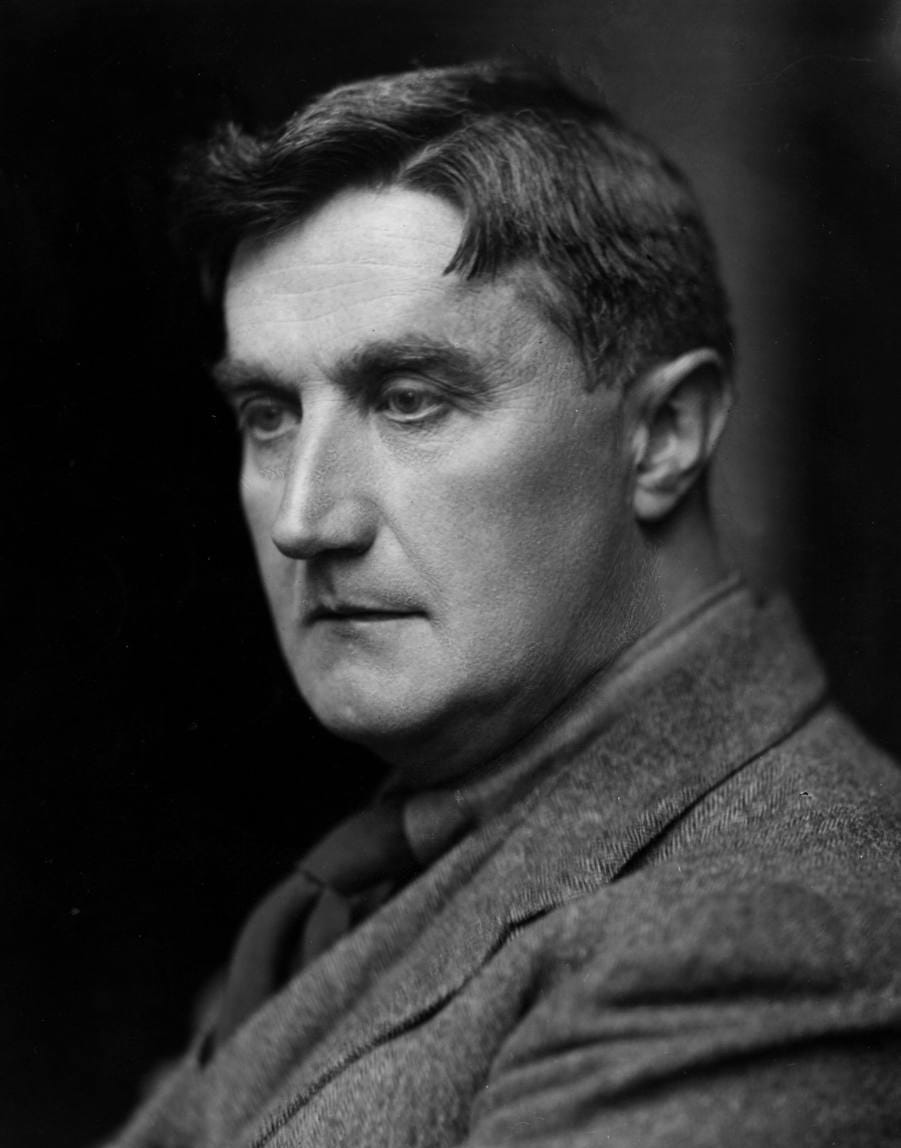These are a collection of songs composed between 1906 and 1911 based on poems by the Welsh born English poet, George Herbert (1593-1633) who was also an Anglican priest. There are four poems, Easter being divided into two from his 1633 collection "The Temple: Sacred Poems". Vaughan Williams was an aethiest, but it did not stop him from setting these overtly religious poems to music. Vaughan Williams conducted its first performance at the Three Choirs Festival in
Worcester 14th September 1911. Originally it was composed for Baritone solo with various accompaniments.
Come, my Way, my Truth, my Life:
Such a Way, as gives us breath:
Such a Truth, as ends all strife:
Such a Life, as killeth death.
Come, my Light, my Feast, my Strength:
Such a Light, as shows a feast:
Such a Feast, as mends in length:
Such a Strength, as makes his guest.
Come, my Joy, my Love, my Heart:
Such a Joy, as none can move:
Such a Love, as none can part:
Such a Heart, as joyes in love.
Ralph Vaughan Williams (1872-1958) was born to a wealthy family but with a good moral code and progressive social outlook. He always sought to help his fellow citizens. He also thought his music should be available and accessible by everyone. He developed late musically not really finding himself until in his thirties. He studied with Maurice Ravel 1907-1908 and this helped him clarify the texture of his music and rid him of Teutonic influences. He is one of our best known symphonists encompassing a wide range of moods from the utterly tranquil to ranging fury, mysterious to exuberant. He was strongly influenced by Tudor and folk music. He was deeply affected by the First World War in which he served. His body of work is vast and his music remains popular and widely performed.
 |
| From Wikipedia, |





